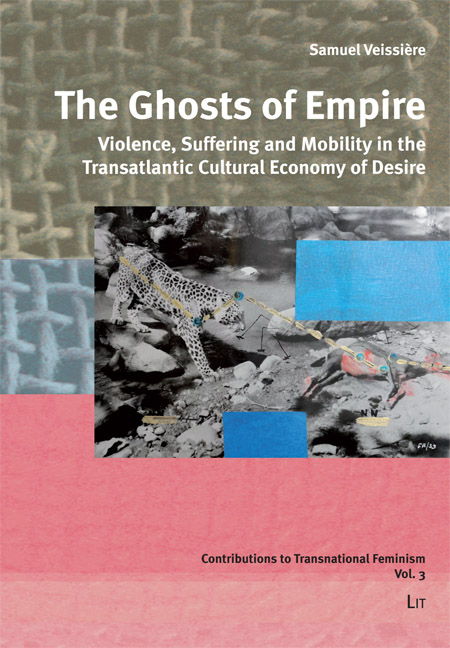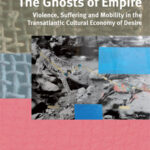Beschreibung
This experimental ethnography set against the background of nighttime
encounters in the rough streets of Salvador da Bahia, Brazil, explores how
such transnational characters as textit gringos, putas, and street children are
at once co-constructed and reinvented through the legacy of Conquest and
the global inequalities of late-capitalism. Theorizing the desires that
drive these encounters as forms of colonial violence and sincere
emancipatory strategies, Veissière’s gaze travels outward across the
Atlantic and the historical violence of Empire, and turns back inward to
revisit the violence of his own White colonial desires.
The Ghosts of Empire “lays bare the questions we cannot answer
and the doubts that we push to the side about how transnational forces
distort the personalpolitical, internal external dimensions of everyone’s
lives. Veissière’s story-telling is powerful and timely.” Stephanie C.
Kane, Indiana University
Samuel Veissière is
Assistant Professor of Social Sciences and Anthropology at the University
College of the North, Canada.
Praise for The Ghosts of Empire
“Veissière has written a book that lives transnationality. He confronts
us with the importance of everything most of us leave out of our published
writings. The Ghosts of Empire lays bare the questions we cannot answer
and the doubts that we push to the side about how transnational forces
distort the personal, political, internal, and external dimensions of
everyone’s lives…
Veissière throws himself into fieldwork about
street people to an extraordinary degree [and] takes participant
observation in night life to an almost unbearable extreme. His
story-telling is powerful and timely. This is a courageous work that, if
used in the classroom will shock and surprise students and professors out
of their complacency; outside of the classroom, it may well be read for
pure pleasure.”
Stephanie C Kane, Indiana University


